Planning a Community Redesign (After Having the Same Design for More Than a Decade)
 It can be a big challenge to redesign an online community. Our members visit on a regular basis, and they become accustomed to how things look and where they’re located. To the point where they can become resistant to change.
It can be a big challenge to redesign an online community. Our members visit on a regular basis, and they become accustomed to how things look and where they’re located. To the point where they can become resistant to change.
Chris Bowyer has managed MovieForums.com for almost 16 years. After using the same design for more than a decade, they launched a comprehensive redesign that the community embraced. On this episode, we walk through the steps he took to achieve a successful launch and the unique experiences you gain when you manage a community for so long, plus:
- Could you see yourself managing the same community for 30 years?
- The right way to do self-moderation
- Community culture and how quickly it forms
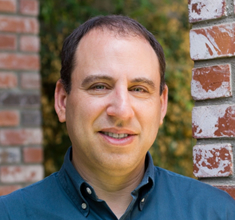 Abusive lawsuits and legal maneuvers threaten our communities and our members by silencing them under the weight of excessive litigation and costly attorney’s fees.
Abusive lawsuits and legal maneuvers threaten our communities and our members by silencing them under the weight of excessive litigation and costly attorney’s fees.

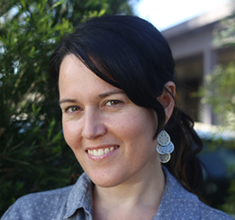 Last week, the European Commission announced that Facebook, Twitter, YouTube and Microsoft had agreed to
Last week, the European Commission announced that Facebook, Twitter, YouTube and Microsoft had agreed to  WordPress powers more than 25% of the web. It’s open source software, driven by community contributions. But it’s also big business, with many companies generating millions of dollars in revenue by offering products and services that cater to people and organizations who use it.
WordPress powers more than 25% of the web. It’s open source software, driven by community contributions. But it’s also big business, with many companies generating millions of dollars in revenue by offering products and services that cater to people and organizations who use it.
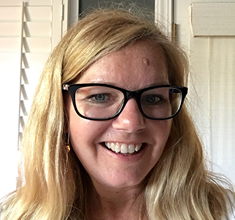 Twenty years ago, this month, Ultimate Bulletin Board was released. You may not know the name, but this early community software introduced or popularized numerous conventions that we now simply take for granted.
Twenty years ago, this month, Ultimate Bulletin Board was released. You may not know the name, but this early community software introduced or popularized numerous conventions that we now simply take for granted.
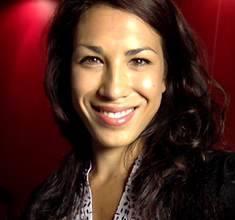 Treating community as a product is really about the technology that powers the community. Improving it, adjusting settings,
Treating community as a product is really about the technology that powers the community. Improving it, adjusting settings, 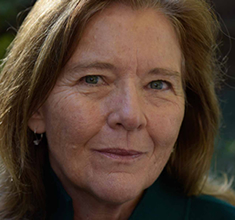 Jenna Woodul was the first chief community officer. She and Peter Friedman co-founded
Jenna Woodul was the first chief community officer. She and Peter Friedman co-founded 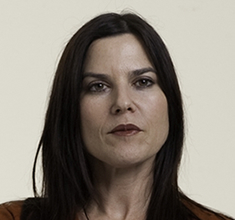
 Allison Leahy,
Allison Leahy,